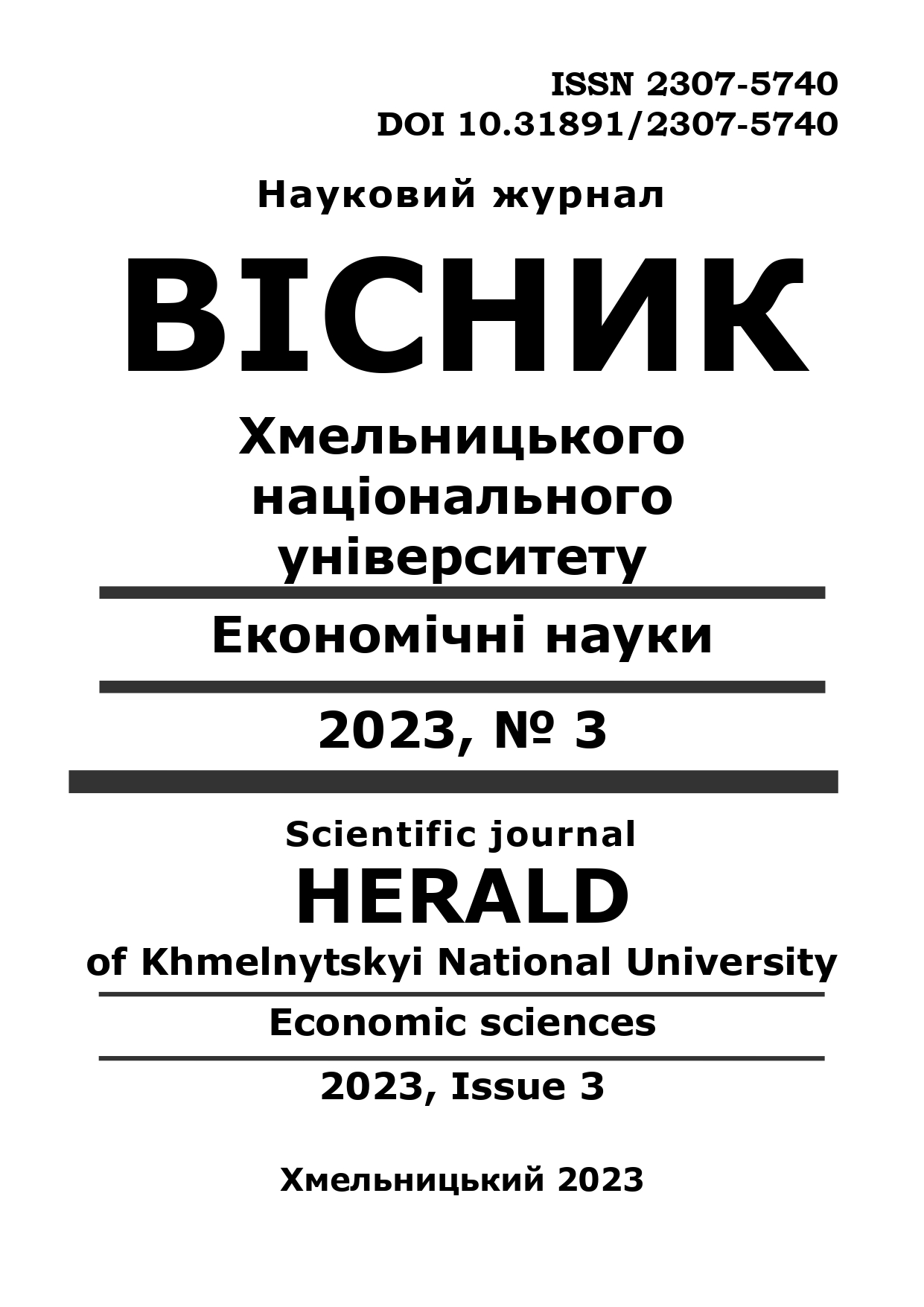RELEVANCE AND SPECIFICITY OF MODERN RESEARCH METHODOLOGY
DOI:
https://doi.org/10.31891/2307-5740-2023-318-3-45Keywords:
science, scientific research, methodology of scientific research, history of the development of science, methods of scientific research, system of methods, "scientific management", fundamental research, applied researchAbstract
This article analyses the role of science and scientific research in the modern world, highlighting the importance of scientific research methodology in the development of modern science. Science, along with education, is considered to be two of the most crucial spheres in society's future. Throughout history, mankind has employed knowledge to study and organize the world. The Renaissance period is recognized as a pivotal phase in the development of science, laying the groundwork for classical natural science and serving as the basis for the emergence of social sciences, known as "humanities." In the XVIII and XIX centuries, the philosophy of science emerged, focusing on the analysis of scientific activity and the scientific process itself. Theoretical and methodological principles of science were developed, scientific theory was examined, and distinctions were made between gnoseology, logic, and the methodology of science.
Within the field of science studies, it is emphasized that professional scientists adhere to specific methodological principles in their research, particularly the dialectic interaction between empirical and theoretical knowledge. Fundamental and applied research represent different levels of the scientific pursuit of truth, employing diverse methodologies consisting of rules, principles, and research methods.
Modern science encompasses a multilevel concept of scientific knowledge methodology, encompassing philosophical, general scientific, and partial research methods. These methods possess unique characteristics across different disciplines and hold varying significance for their respective development. Philosophical methods are universal and abstract in nature, while general scientific methods aid in the analysis of existing practices and the current state of theory development. Commonly recognized general research methods and techniques include analysis, synthesis, induction and deduction, abstraction and generalization, modelling, statistical methods, and analogy. Moreover, the interconnectedness of various scientific disciplines in contemporary times has led to the increased utilization of approaches and methods from one field in another, giving rise to intra- and interdisciplinary methods.


